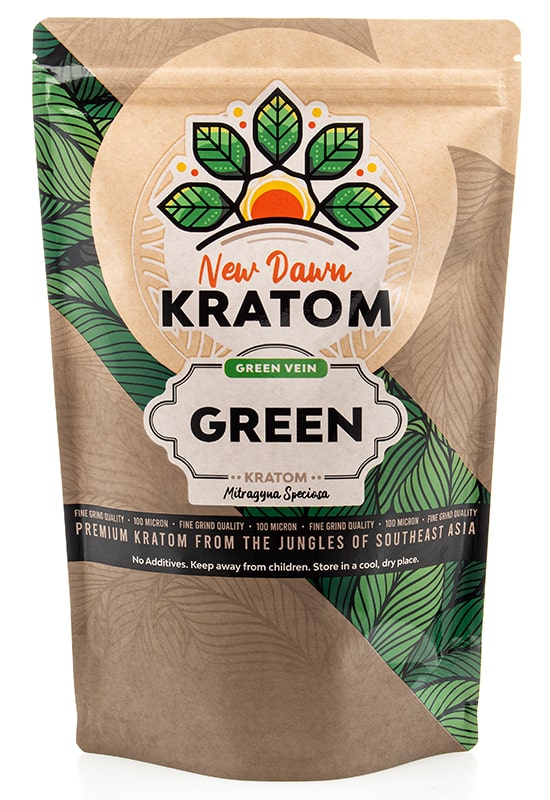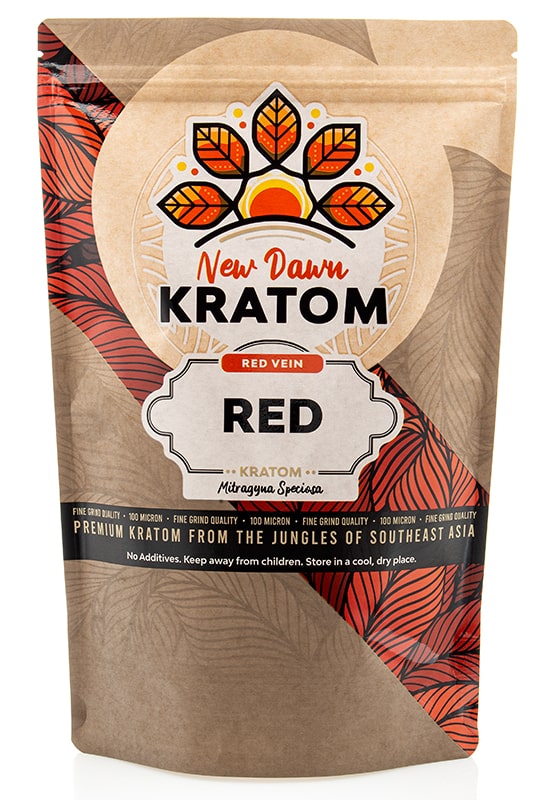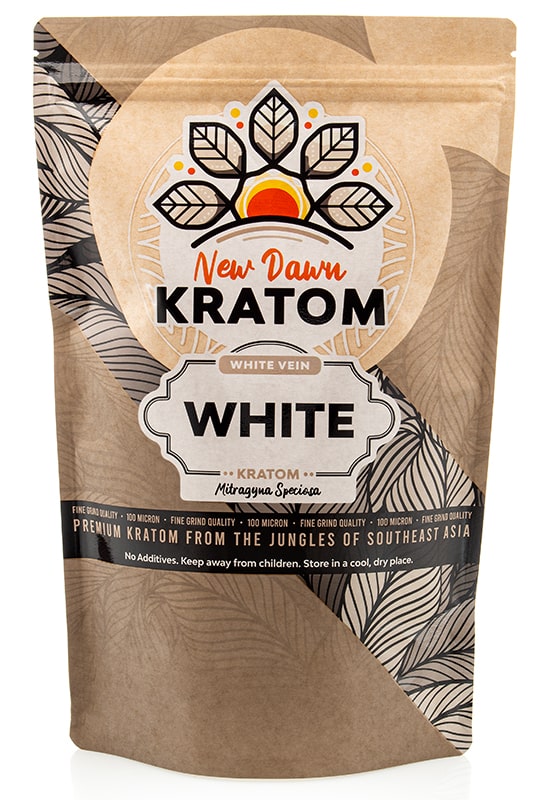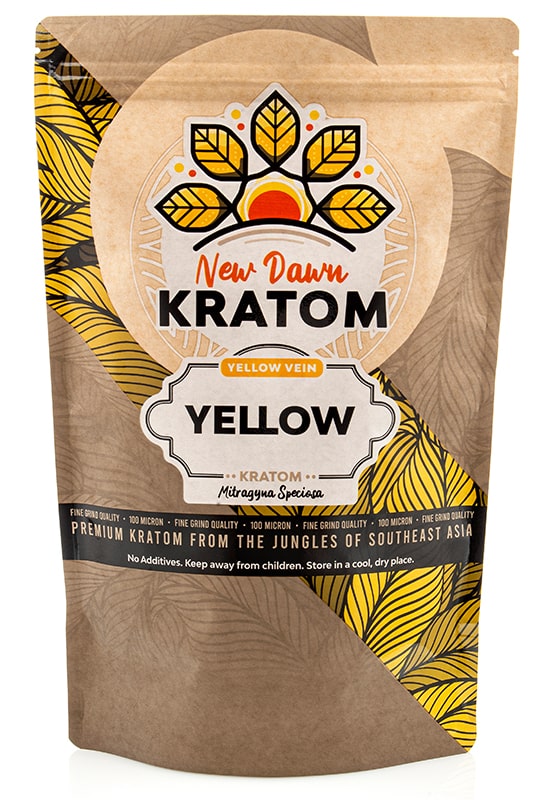By this point, you probably already know all the possible side effects of kratom use. But have you heard about the possible effects of kratom on your teeth? While the literature and research surrounding the topic are scarce, kratom users on Reddit assert that long-term kratom use might have debilitating effects on your chompers.
Citing their personal experiences, these kratom users strongly advise that their fellow enthusiasts watch out for kratom-caused tooth decay. But is kratom the real culprit, or is there more to the story? Here’s everything you need to know about how kratom might affect your oral and dental health.
What Causes Tooth Decay?
First things first — what actually causes tooth decay? Also called dental caries or cavities, tooth decay is generally described as damage to the surface of the tooth. Excessive, untreated decay may turn into tiny openings in the enamel, which is why they’re called cavities.
According to the American Dental Association, tooth decay often comes as the result of a combination of the following:
- Poor oral hygiene
- Diet rich in sugar
- Bacteria build up in the mouth
- Frequent food intake
So how does kratom fit into the picture?

How Kratom Might Contribute to Tooth Decay
Again, there are no studies that explore how kratom use can affect oral and dental health. However, it’s possible to simply put two and two together to figure out how the herb might be a contributor.
1. Toss and Wash
Kratom’s bitter taste can be tough to swallow. Its strong earthy flavor combined with its gritty, coarse, dry texture can make anyone want to gag. Kratom can be so unpleasant, in fact, that most users do what they can to mask its taste. Enter sweet beverages.
Tossing and washing is one of the easiest, most utilized ways to get a kratom dose. But because good ol’ water might leave that bitter taste lingering, users turn to juices, sodas, sweet teas, and various other tasty drinks to conceal the kratom taste.
Unfortunately, this may increase your intake of sweetened drinks and thus cause or exacerbate tooth decay. This is particularly true for kratom users who mix their powder with sweet drinks or who take kratom-infused teas and juices to clock in their daily dose.
2. Bacteria Build-Up

Any food or drink you introduce into your mouth will sit on the surface of your teeth. These contaminants act as food for the natural bacteria in your mouth, namely Streptococcus mutans. But as they accumulate on your teeth, they also cause collateral damage to your enamel.
If you usually take your kratom as a tincture, extract, powder, shot, or drink, then it’s easy to see how your habit might contribute to tooth decay. Connecting that once again to the use of sweet drinks for tossing and washing, the relationship between kratom and dental carries becomes much clearer.
3. Unchanged Oral Hygiene Routines
Since you started using kratom, it’s probably become a routine fixture in your everyday schedule. A dose in the morning and another at night before bed is common among regular kratom users. However, this frequent intake likely isn’t supported by changes in your oral hygiene schedule.
For instance, going to bed after tossing and washing without brushing your teeth gives resident bacteria the upper hand. Kratom product and whatever drink you used to wash it down will remain on your teeth and provide fertile soil for microbes to thrive as you sleep.
Is Kratom Bad for Your Teeth: 3 Ways to Keep Teeth Healthy During Kratom Use
All things considered, it’s not unlikely for kratom use to have some impact on your dental health. So, to make sure you keep your teeth healthy and clean throughout your kratom use, here are a few tips worth trying:
1. Toss and wash, and wash
It’s absolutely acceptable and understandable for you to want to make a sweet drink with your kratom powder. In fact, some people dislike the taste of kratom so much that they’re unable to take a powder dose unless with the help of a tasty beverage to wash it down.
But that’s not a reason to forget about your dental health. After washing down your kratom with your drink of choice, get a swig of nice clean water to clear it all away. Even better, you can go for some mouthwash to get rid of the residue after your dose.
2. Choose other kratom products

Powders might be cheap, but they’re not the only option. A kratom capsule keeps all that bitter powder contained in a tasteless pill. This makes it easier to wash down your dose with nothing but fresh, clean water.
You can also try tinctures that you can drop directly into the back of your throat by leaning your head back. This minimizes any contact the product might make with your teeth and eliminates the need for a drink to mask its flavor.
3. Manage your kratom schedule
See to it that your kratom use always happens before your routine toothbrushing schedule. In the mornings, take your dose before you brush your teeth. At night, see to it that you down your kratom dose before you step into the bathroom for a brush.
This way, none of the kratom product or the drink you use to wash it down remains on your teeth for extended periods of time. If you take kratom at an odd schedule, you might want to consider factoring in a third brushing. According to some studies, brushing three times a day might actually be more beneficial to overall health.
Can Kratom Cause Tooth Decay?
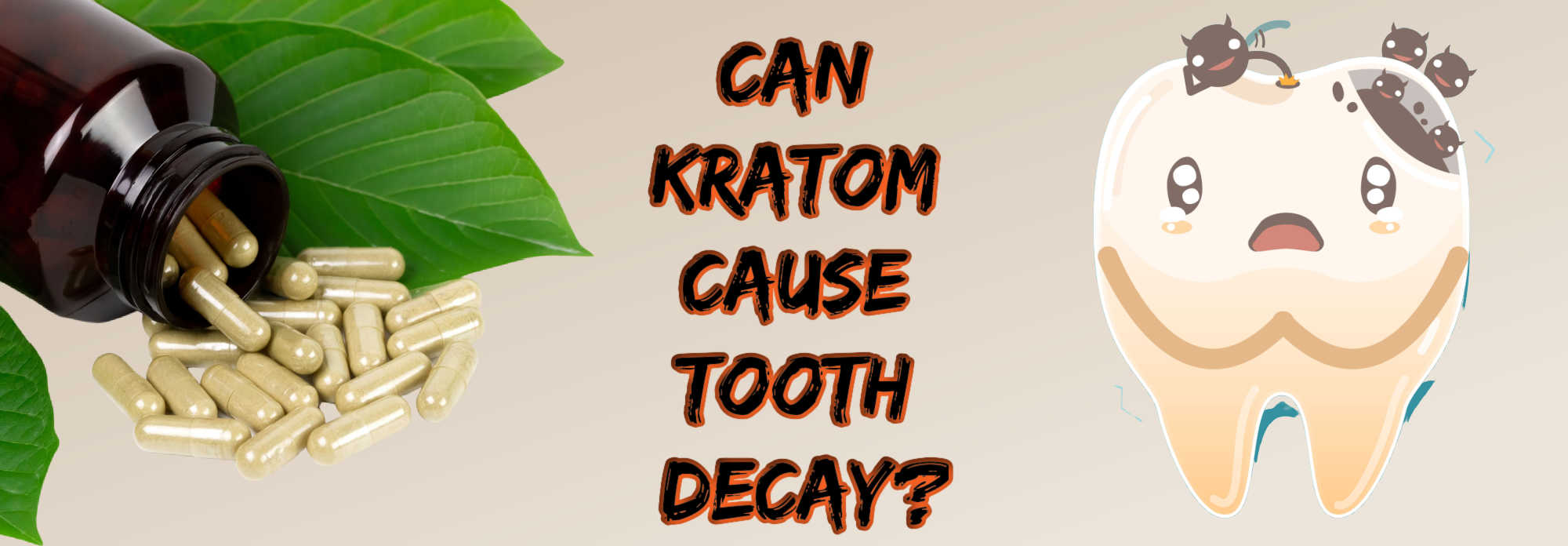
Although the studies are scarce (read: non-existent), there’s reason to believe that kratom use might actually contribute to tooth decay. And in cases like this, where evidence is limited, it’s always better to err on the side of caution.
If you’re a long-time kratom user and you’re noticing negative changes in your dental and oral health, it might be time to make a few changes. Consider these tips and apply them to your kratom routine to reap the benefits of speciosa without the risk to your chompers.

